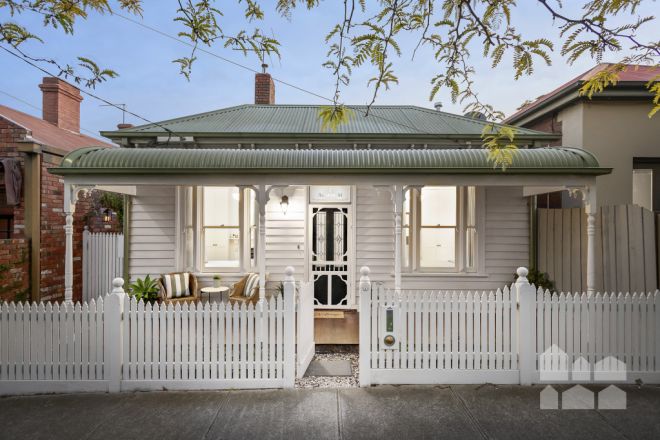Banks to check if landlords can afford maintenance under new proposal
Banks would need to check if would-be landlords could afford to maintain their properties or bring them up to minimum standards under a new plan, which aims to improve housing affordability and living conditions for renters.
The Consumer Policy Research Centre made the recommendation to the senate inquiry into the financial regulatory framework and home ownership, which was set up to examine whether rules around lending were helping Australians buy their own homes.

The centre’s chief executive Erin Turner said when banks assess a home loan they would consider other expenses, such as living expenses, that could prevent a borrower from repaying a loan, but failed to consider how much investors would need to spend to keep their rental at a livable standard over the lifetime of their loan.
“What we’re asking for is simple: if someone is borrowing to buy an investment property, make sure they can afford the property as a whole, and that includes maintenance and repairs that come with owning that investment asset,” she said. “This is a role the federal government has to play in terms of minimum standards in housing. Our financial system is intimately connected to the housing system.
“When someone borrows to invest, we also need to consider the experience of the person living in that house would have.”
NSW Tenants’ Union chief executive Leo Patterson Ross said banks should consider investment loans similar to business loans.
“We’ve had banks lending money to people for the purpose of this investment without actually checking they’re able to provide the service with the funds the banks lent to them,” he said. “They should ask the person who gets the money: do you have a business plan? What’s your risk profile?”
Minimum standards in rentals vary around Australia, though in most jurisdictions it is the legal obligation of the landlord to keep a rental in good repair and act on maintenance issues.
The centre’s submission cited 2020 research, which found a quarter of rentals in Australia needed repairs.
Turner said the changes would prevent the type of prospective property investors from entering the market.
“What we want in the private rental market is great landlords who can afford to fix the oven when it breaks,” she said. “If regulations are tightened, some people who want to become an investor won’t be able to, but to my mind that’s a great outcome.
“I hope that this kind of change would mean we have more responsible and good quality landlords. Landlords who expect to fix things when they break.”
Turner and Patterson Ross said it was possible the change would also cut investor demand and borrowing power, which would in turn make the housing market easier to navigate for first home buyers as well.
“We’d see a drop in property prices,” Patterson Ross said. “Our problems at the moment largely come back to it’s exceptionally easy to get a lot of money and bid prices up.
“If we had less credit available, prices would be lower.”
Wakelin Property Advisory director Jarrod McCabe said that while the changes would cut demand for purchasing homes, he was concerned it would make rentals more scarce.
“I think the intention is good, but the issue is they’re never on their own,” he said. “One of the biggest issues we’ve got at the moment is, yes, we need to have high-quality homes, but we also need to have homes.”
Patterson Ross disagreed that making it more difficult to be a landlord would hurt the rental market.

“If there are some people who aren’t viable, willing or able to fulfil their responsibilities, they’ll sell, likely to owner-occupiers, so they’ll come from demand, a neutral impact [on the rental market]. Or they’ll sell to an investor who is better able to maintain their property,” he said. “If the government is worried at any point about landlords selling, they can start buying those properties.”
Turner agreed. “If an investor doesn’t buy a property, it doesn’t just disappear.”
Housing investors have fled the Victorian property market after recent changes to land taxes on investment properties, which has increased supply and helped put downward pressure on house prices for now in large parts of Melbourne.
McCabe said his property advisory company already recommended that investors set aside money each year for repairs, even if they did not need to be urgently carried out. However, he said it was difficult to know if landlords could not carry out repairs or just didn’t want to.
“That’s an unfortunate circumstance with some rental providers. They don’t have the right mindset, which is not ideal. In fact, it’s worse.”
We recommend
We thought you might like
States
Capital Cities
Capital Cities - Rentals
Popular Areas
Allhomes
More







